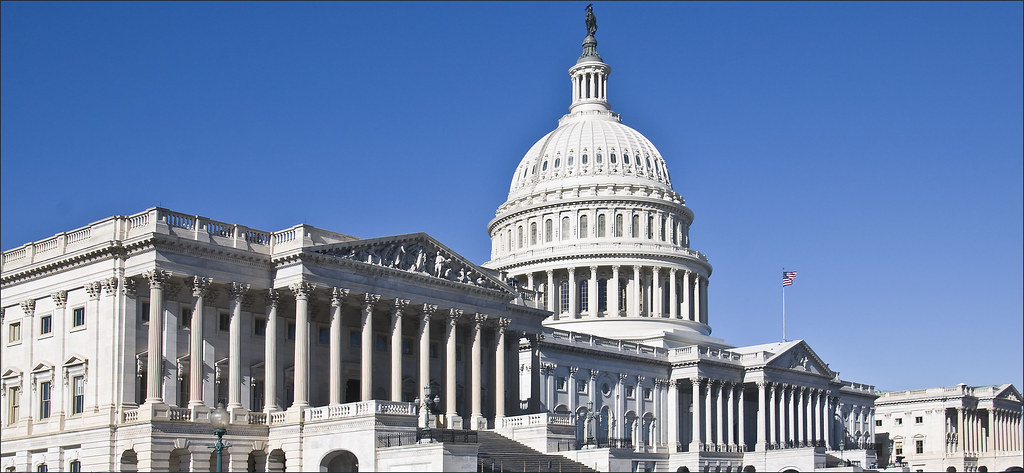On Nov. 19, U.S. Census Bureau Director Steve Dillingham announced that, "during post-collection processing, certain processing anomalies have been discovered" in the 2020 United States Census. Dillingham said he had directed the bureau "to utilize all resources available to resolve this as expeditiously as possible." Also on Nov. 19, The New York Times reported that "a growing number of snags in the massive data-processing operation that generates population totals had delayed the completion of population calculations at least until Jan. 26, [2021], and perhaps to mid-February."
This expected delay could postpone state redistricting efforts in 2021. At least one state (California) has already extended its redistricting deadlines in light of the uncertainty surrounding the conclusion of the census. On July 17, the California Supreme Court unanimously ordered the California Citizens Redistricting Commission to release draft district plans by Nov. 1, 2021, and final district plans by Dec. 15, 2021. The original deadlines were July 1, 2021, and August 15, 2021, respectively.
The census, apportionment, and redistricting: Every ten years, the United States conducts the census, a complete count of the U.S. population. Census results determine congressional apportionment (i.e., the number of seats each state has in the U.S. House of Representatives). Because the U.S. Constitution requires that seats in the House be apportioned to the states on the basis of population, a state can gain seats if its population grows or lose seats if its population decreases, relative to populations in other states.
Federal law requires congressional and legislative districts to have substantively equal populations. States use census data during their redistricting processes to ensure compliance with this requirement. The standard census timeline calls for the bureau to submit apportionment counts to the President by Dec. 31 and redistricting data to the states by April 1, 2021.
In the 2010 cycle, redistricting authorities enacted 43 new congressional district maps and 50 new state legislative district maps. The majority of these – 63 maps (31 congressional and 32 state legislative), 67.74 percent of the total– were enacted in 2011. In 2012, 28 maps (12 congressional and 16 state legislative) were enacted, 30.11 percent of the total. The remaining maps were enacted in the first six months of 2013.
Additional reading:



